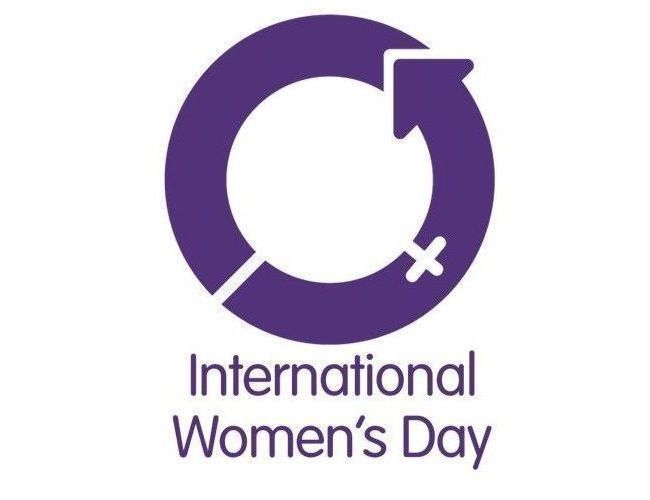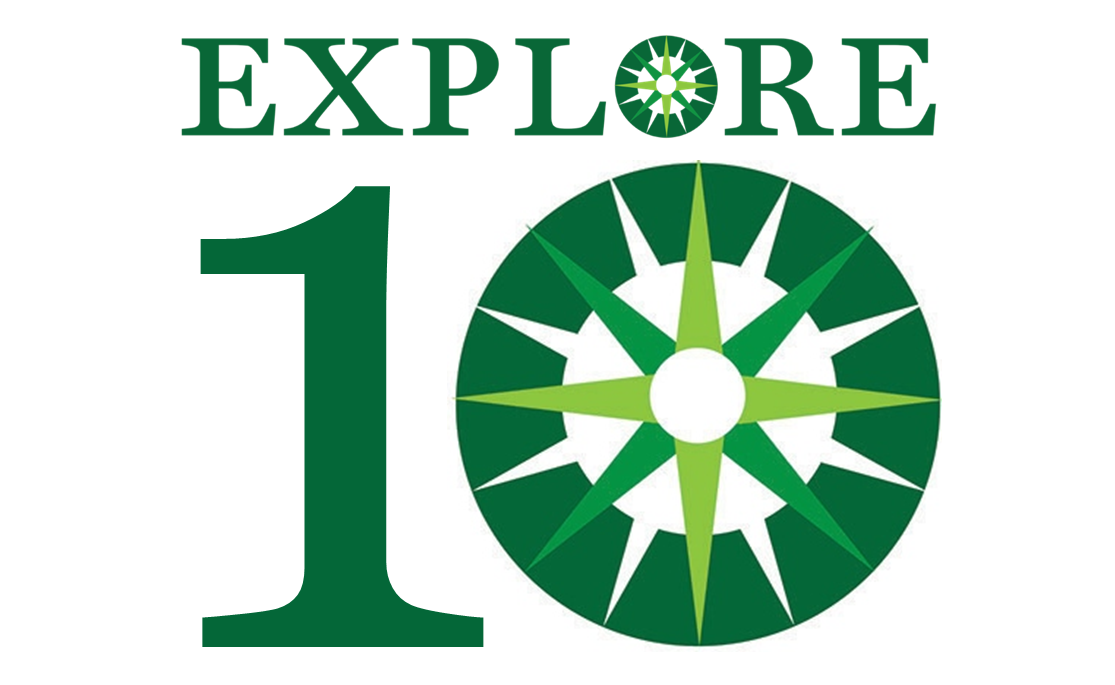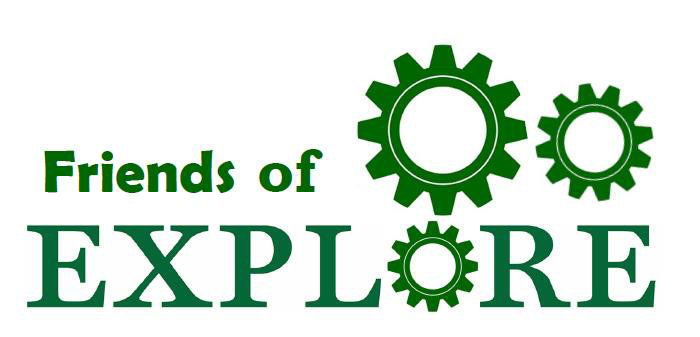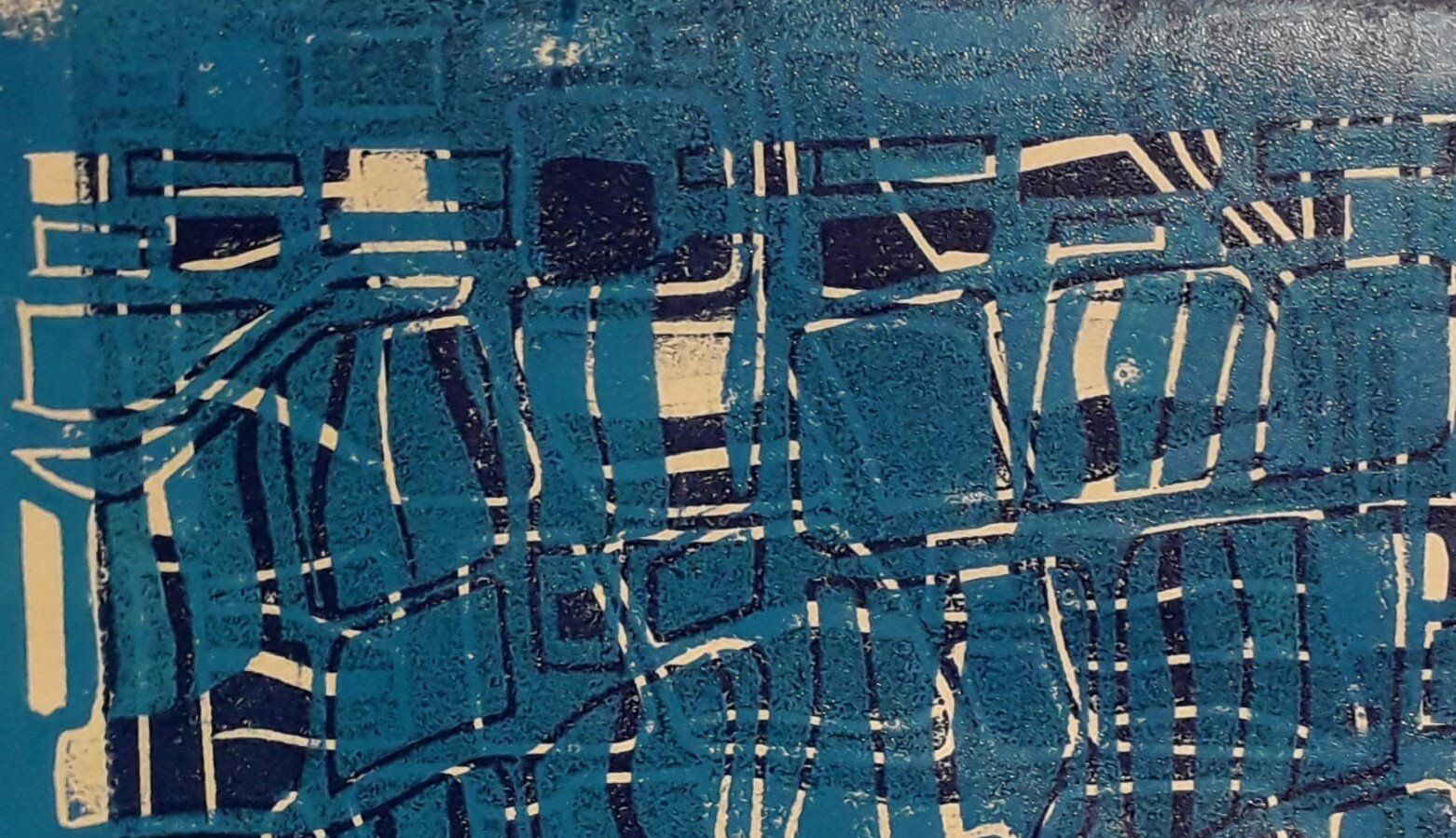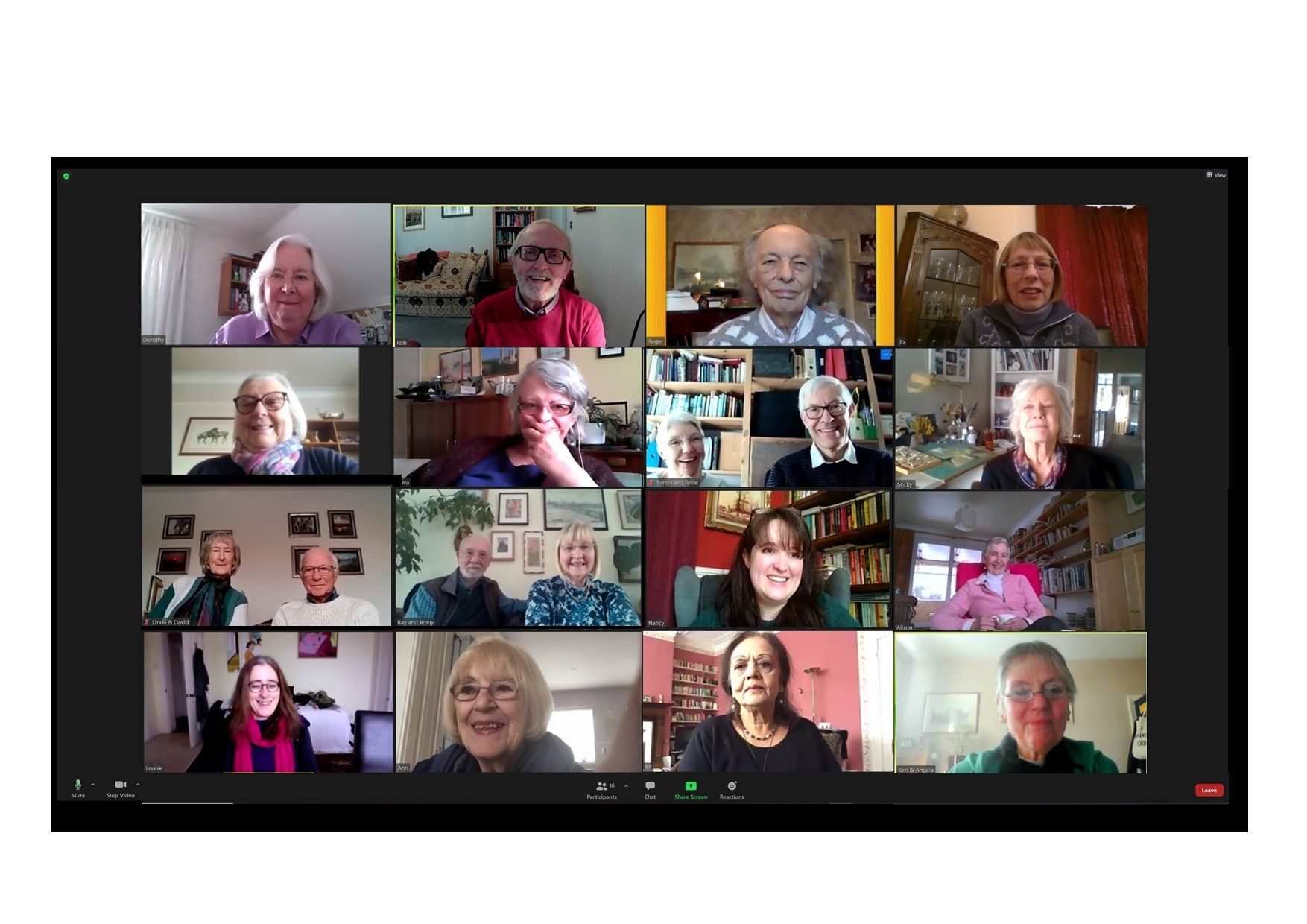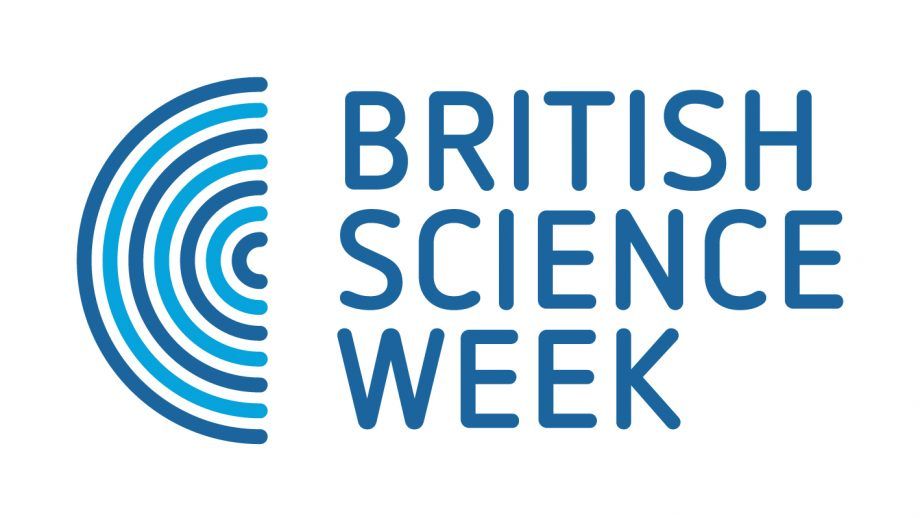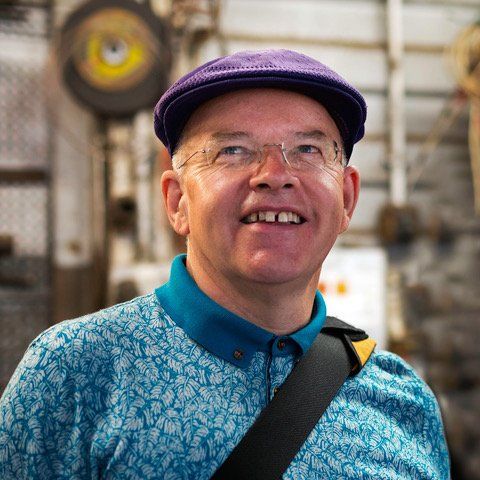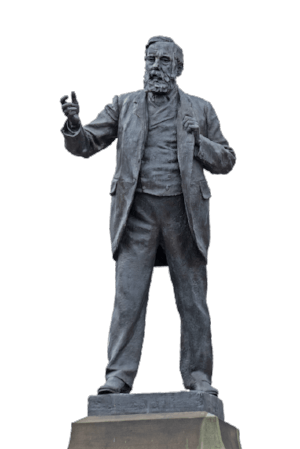Identity & Discovery, Influence & Control: the growth & shaping of the English language
- by Clare Jackson
- •
- 22 Nov, 2018
- •
Explore members have, this season, enjoyed a five week course on the development of the English language led by tutor Clare Jackson.

Clare explains:
Our final session of this course was entitled ‘Speeding Up: Technology and Language Change in Written English’, and synthesised many of the key themes running through the last five weeks.
Our central question for this session: is written English in decline as a direct result of new 21st Century writing technologies?
Textspeak Recent times have witnessed many developments in this area, such as the rise of textspeak (and its fall), and new social media registers and codes. A key example of such new decline might be the increase in shortened forms such as ‘2L8’ for ‘too late’, or ‘lmk’ for ‘let me know’. ‘‘ILLITERATE’ BLAST AT TEXT MESSAGE KIDS’ screamed the Sun as texting took off.
Historical abbreviations Consideration of abbreviations from inscriptions on Roman altars through to the letters of Sam.(uel) Johnson, and from the essential role of telegrams in the 19th and 20th Centuries through to shorthand, however, suggests there is not so much to fear on this count.
Language in flux The question of effective communication remains, however. If, as a former Prime Minister did not, you don’t know that ‘lol’ stands for ‘laugh out loud’ rather than ‘lots of love’, intelligibility is lost (and your relationships may suffer). Who feels excluded or included by different uses of language returned as an area of reflection and challenge. The idea of language and identity reasserted itself: our language is fundamental to our sense of self, and changes in language are therefore profoundly felt by each language user. It is unnerving having our language seemingly taken from us.
Effect of increasing literacy Widespread debates on written language ultimately reflect one immeasurably positive development: our greater democracy of learning. The reason we all have been able to argue about technology and its impact on writing is because, simply but critically, we are all able to read and write. Such wide-ranging literacy happened seconds ago, in evolutionary terms.
We discussed articles by John Humphrys - I h8 txt msgs: How texting is wrecking our language, David Crystal 2b or not 2b? and Will Self and Lynn Truss's The Joy of Text .
We concluded by reflecting that the great variety of all types, registers and levels of formality in writing must be reinforced, wisely applied – and celebrated.
Background
Clare has a degree from Oxford University in English Language and Literature, and a Masters in Modern Literature and Culture from the University of York. Her MA dissertation from the latter was on the poetry of Basil Bunting. Clare's teaching experience includes a number of years in comprehensive schools, at a Further Education College and with the Workers' Educational Association (WEA).

